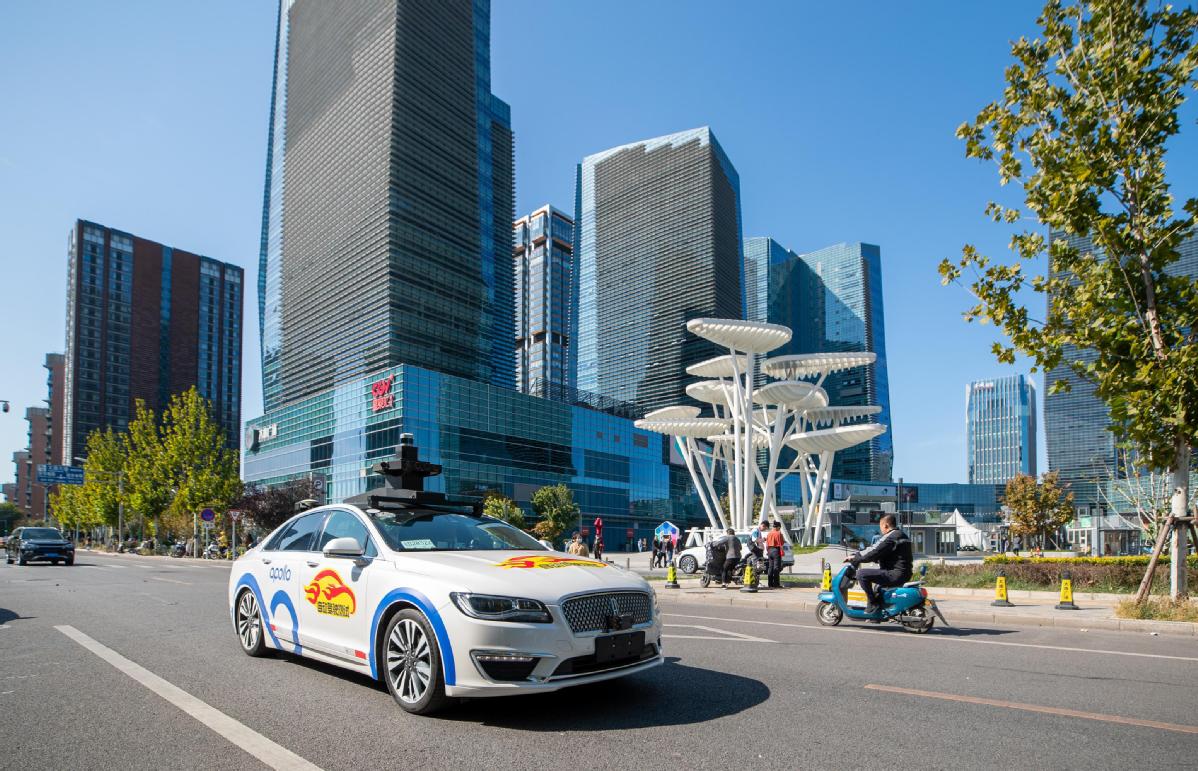Baidu unlikely to sell vehicles to individuals


Baidu's decision to produce cars have caused a stir in the capital and automotive markets, but the Chinese tech company is more likely to build robotaxi fleets than sell vehicles to individual customers, analysts said.
The company announced its plan last week to build a standalone car company to produce and market passenger vehicles, using Chinese carmaker Geely's electric vehicle architecture.
Baidu did not offer details on how its vehicles will be different than those from Tesla or any other gasoline car challenger or when the vehicles will hit the market.
Though much remains a mystery, the news drove investors into a frenzy. Baidu's stock price hit $249 on Friday, the highest since July 2018 and up from around $180 in December, when Reuters first reported its intention to make cars.
"China has become the world's largest market for electric vehicles, and we are seeing EV consumers demanding next-generation vehicles to be more intelligent," said Robin Li, Baidu's CEO.
Nearly 1.37 million electric cars and plug-in hybrids were sold in China last year, up 10.9 percent from 2019, according to statistics from the China Association of Automobile Manufacturers.
The association estimates the figure will reach 1.8 million in 2021. China expected such vehicles to account for 20 percent of total vehicle sales in 2025.
Roy Lu, director of Gasgoo Auto Research Institute, said Baidu is unlikely to sell vehicles to personal customers.
Unlike Apple or Sony, Baidu does not produce any customer products, so it would be unwise to try its hand at the more expensive vehicles, he said.
"Its biggest competitive edge lies in its autonomous driving technology. And it may co-build vehicles with Geely for car-hailing or autonomous driving fleets."
Compared with Alibaba, Tencent and Huawei, Baidu is lagging behind in its collaboration with the automotive industry, Lu said.
Baidu established its autonomous driving unit Apollo in 2017.The unit mainly supplies technology powered by artificial intelligence and it has attracted automakers such as Geely, Volkswagen, Toyota and Ford.
However, many leading carmakers later started to develop their own systems instead of installing those developed by others.
"That is because nobody wants to let others serve as their brains," said Yale Zhang, managing director of Shanghai-based consulting firm Automotive Foresight.
Zhang said Baidu may try to promote its Apollo system as well.
It can tailor-make fleets of robotaxis with its own autonomous driving system, enhance its popularity with passengers, and then convince carmakers to use its system.
Zhang said even if it does not work out, it can grow its robotaxi fleets, because offering mobility services will replace selling cars as the auto industry's most profitable area.
Baidu now operates the autonomous robotaxi service, Apollo Go, in Beijing, Changsha in Hunan province and Cangzhou in Hebei province, and plans to expand to 30 cities in three years.
Earlier in December, it won the green light to carry out robotaxi tests without safety drivers in Beijing, marking another milestone for the company.



































